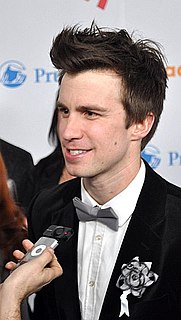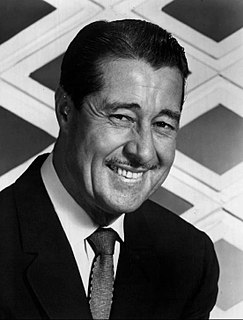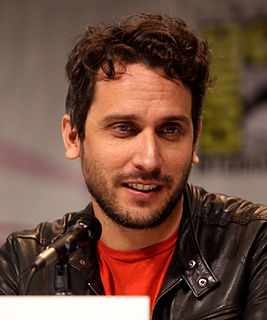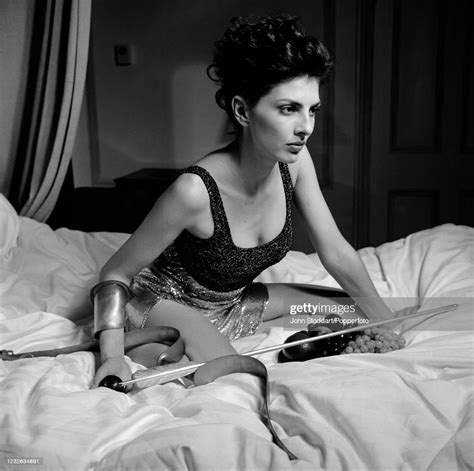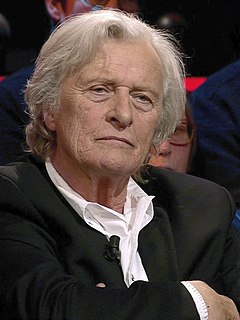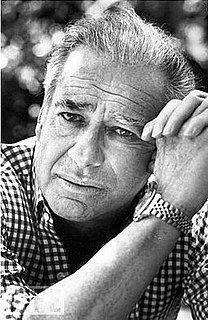A Quote by Gavin Creel
I wanted to be a movie director. I was just obsessed with watching movies and camera shots and directors. I read autobiographies and stuff of directors.
Related Quotes
Most directors, I discovered, need to be convinced that the screenplay they're going to direct has something to do with them. And this is a tricky thing if you write screenplays where women have parts that are equal to or greater than the male part. And I thought, 'Why am I out there looking for directors?'—because you look at a list of directors, it's all boys. It certainly was when I started as a screenwriter. So I thought, 'I'm just gonna become a director and that'll make it easier.'
There are directors, and I think this is true of all directors, it would be true if I was a director - If the actor didn't want to do what I was suggesting, I would let him do it his way, and then I would say to him, "Just give me one where you do what the director wants", and that, of course, is the take that's used.
I think one third of my work is with first-time directors because I think I should, you know? Really, the difference between a first-time director and a second- or third-time director - I mean there's no director who makes enough movies anyway - but if they're talented, they have it. And there is no movie that is perfect.
I watched a lot of silent directors who were absolutely great like John Ford and Fritz Lang, Tod Browning, and also some very modern directors like The Coen Brothers. The directors take the freedom within their own movies to be melodramatic or funny when they chose to be. They do whatever they want and they don't care about the genre.
